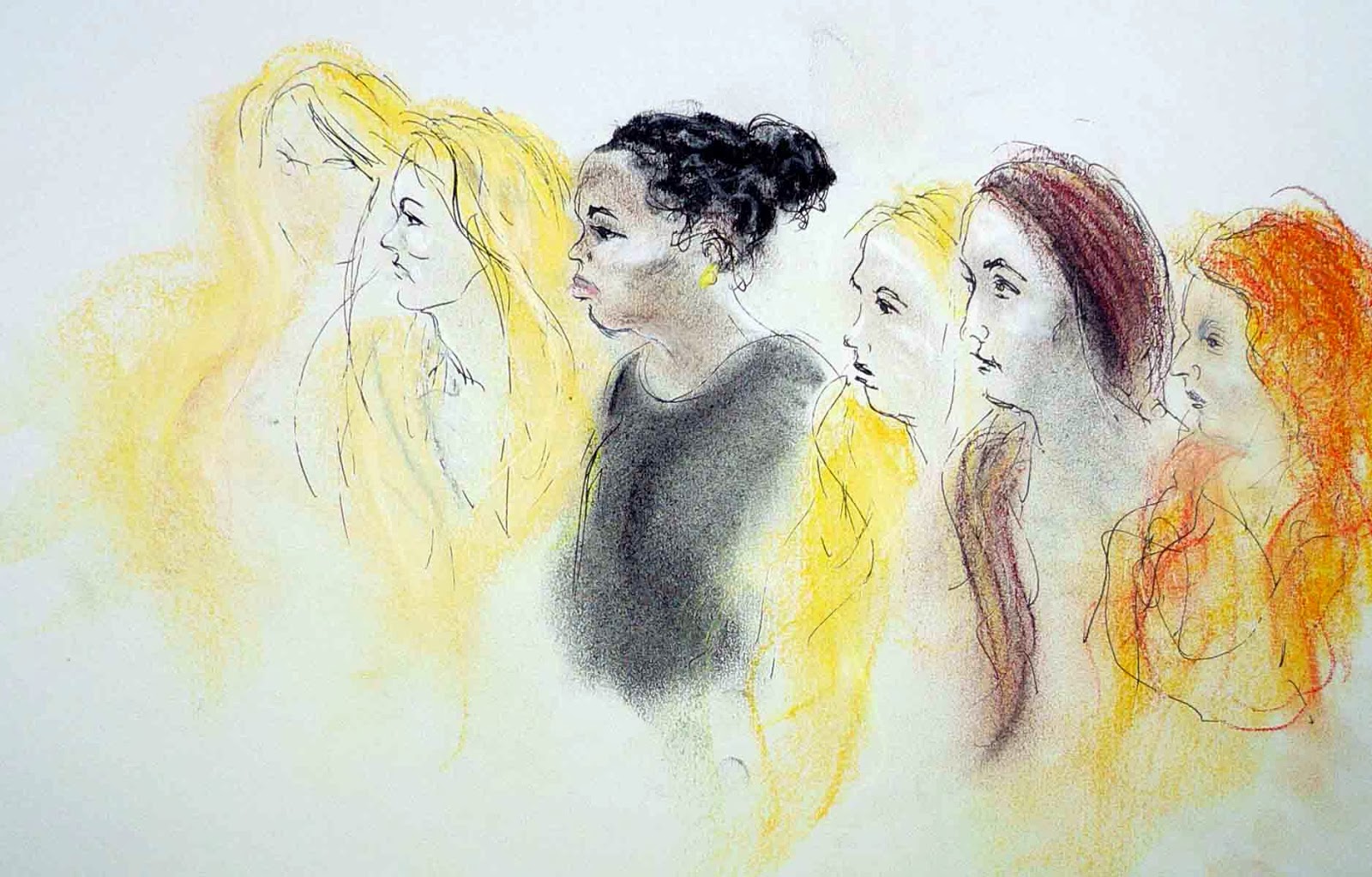The Centre for Women’s Justice have joined Rape Crisis in calling for urgent action to tackle the ‘life-threatening’ delays to Crown Court trials faced by victims of sexual offences in England and Wales.
A new report from Rape Crisis England and Wales identified a 66% increase in the number of outstanding sexual offence cases since March 2023. Maxime Rowson, Head of Policy and Public Affairs at Rape Crisis and author of the report, said waiting for a trial ‘puts a huge strain on survivors and their families.’
The Centre for Women’s Justice has emphasised the need to resolve ongoing ‘systemic issues plaguing survivors’ who are trying to access the justice system. They urge for rape and sexual offence cases to be prioritised in the courts, and advocate for a long-term plan to recruit and retain criminal barristers. They said the situation requires sustained funding for specialist services supporting victims of sexual violence and abuse.
Harriet Wistrich, CEO of the CWJ, warned of the ‘devastating impact’ court delays are having on victims. She said that ‘if we want a justice system that actually works to prevent and punish sexual violence, we need courts with sufficient resources to function.’ Wistrich urged the government to implement ‘significant changes in this area.’
The latest report from Rape Crisis has suggested there are several factors contributing to the backlog in the Crown Court. These include a shortage of ‘specialist counsel,’ rising legal demand without corresponding funding, and underused court time. They have made several recommendations to address these issues, including ending the practice of ‘floating trials,’ where the trial has no fixed start date but can begin at any point within a set window.
Ciara Bergman, CEO of Rape Crisis, explains that urgent action is required to tackle the delay and inappropriate listing practices for victims of sexual offences, saying: ‘Ultimately these problems have been caused by prolonged under-investment in our court system, archaic processes, a lack of scrutiny and accountability, and a failure to consider the impact of any of this on survivors.’






